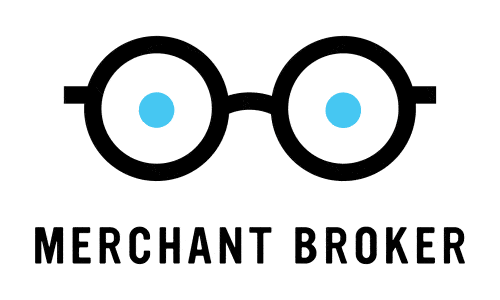The number of surcharge fees for credit purchases is increasing in the U.S. As a merchant, it is important to stay informed about the changes and news surrounding the relevant payment card networks.
An important case to know about is Expressions Hair Design v. Schneiderman. The company, located in upstate New York, surcharged its customer a rate of 2.75 to 3.5 per cent. Expressions Hair Design’s owner, Linda Fiacco, stated that the justification for the charge was that it covered the transaction fees associated with credit card processing.
The U.S has a history of no-surcharges when it comes to credit card purchases. Between 1971 to 1984, the federal law barred these charges, and after the law expired, states such as California put into place their own no-surcharge laws. It was in 2014 when a group of retailers went against California’s attorney general.
Notably, the argument against the prohibition of surcharges was that it restricted free speech rights under the First Amendment. It was argued that the preference to have surcharges as opposed to discounts was justified, as the choice affected customer reactions. However, the district court ruled that the California statute regulated speech and not conduct, which ultimately resulted in the case being struck down.
Despite this, it was the Expressions Hair Design v. Schneiderman case that began to undermine the no-surcharge laws, particularly in New York. In March 2017, the Supreme Court ruled in Expressions Hair Design’s favour with respect to how the law contradicted with the merchant’s free speech rights.
In the court’s decision documents, Chief Justice John Roberts wrote that the surcharge law “is not like a typical price regulation.” He added that “What the law does regulate is how sellers may communicate their prices.”
With the ruling in place, merchants could charge $10 in cash and a credit price of $10.30, for example. However, merchants cannot charge $10 in addition to a three per cent surcharge for the use of a card. Roberts noted that the law regulates speech, as the monetary amount works out to be the same. In the case of California, the law was ruled as unconstitutional in the courts with regards to the Italian Colors Restaurant et al. v. Harris case as well.
As of now, there are 11 states that have laws in place to prohibit merchants from surcharging credit card users. These states, in addition to New York and California, include Colorado, Connecticut, Florida, Kansas, Maine, Massachusetts, Oklahoma, and Texas.
In the case of Minnesota, the state prohibits sellers of goods and services who are responsible for customer credit cards from surcharging customers who wish to use a credit card as opposed to cash, cheque, or other methods of payment.
As for the states that allow merchants to give their customers discounts and thereby encourage methods of payment that are not debit or credit cards, there are 10 that are applicable. These states include California, Colorado, Connecticut, Maryland, Massachusetts, Nevada, Oklahoma, Washington, Wisconsin and Wyoming, as well as Puerto Rico.
As a merchant, it is important to be aware of your respective state’s policies when it comes to surcharges, fees, and credit card interest. Contacting an attorney, your state attorney general, or an expert at Merchant Broker would be a step in the right direction if you have any questions or concerns.
An expert at Merchant Broker may be contacted via email at info@merchantbroker.com or phone at 1-888-668-0733.
